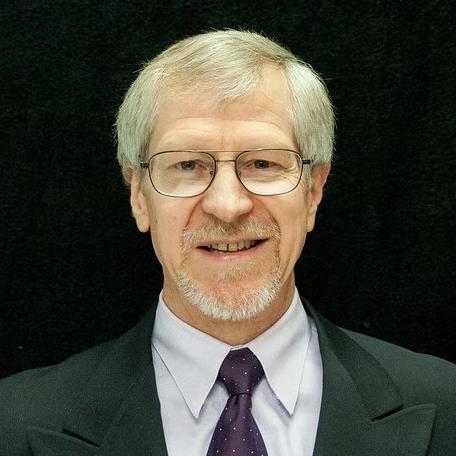SHARE Act
 For licensed spiritually informed psychotherapists, state lines often form a barrier to practice. Many states do not recognize licenses granted by other states. Earning the right to practice in another state can be a drawn-out, expensive undertaking.
For licensed spiritually informed psychotherapists, state lines often form a barrier to practice. Many states do not recognize licenses granted by other states. Earning the right to practice in another state can be a drawn-out, expensive undertaking. Before the COVID-19 pandemic, this stricture’s primary effect was to limit geographic mobility among therapists. If you were licensed in one state but wanted to move to another state, whether to accompany a relocating spouse or simply to give yourself a change of scenery, you faced the possibility of an extended period of little to no income as you secured a license in your new state.
Pandemic shutdowns suddenly put this problem into a harsh spotlight for thousands of psychotherapists and licensed health professionals. With offices shut down, most therapists pivoted quickly to working online. Telehealth meant their clients could be anywhere. For instance, a therapist in Washington, DC, could now easily have clients at home in DC, Maryland, or Virginia, a beach home in Delaware, a mountain cabin in Pennsylvania, or a ski condo in West Virginia. Psychotherapy is delivered where the client is, not where the therapist is. Virtually no one would have licenses to deliver therapy in all six jurisdictions.
Most states quickly granted emergency waivers to allow therapists licensed and in good standing in one jurisdiction to provide services to clients in another. Those interstate waivers are beginning to expire, even as clients wish to stay connected to therapists who are now in a different state.
One popular solution is the development of interstate compacts allowing the instantaneous verification of licensure between any two states in the compact. A provider requesting privileges to practice in another state within the compact would only have to apply, and permission would rapidly be granted.
An obstacle to interstate compacts has been the reluctance of the FBI to furnish background check information to licensing compact professionals. Many believe the FBI is misinterpreting both the law and the ways in which background check information is used within the compact. Nevertheless, to fix this situation, legislation has been introduced in the U. S. House of Representatives, specifically authorizing the use of FBI criminal history record information for the administration of interstate compacts. The SHARE (States Handling Access to Reciprocity for Employment) Act, sponsored by Representative Tracey Mann (R-KS), specifically authorizes the limited transmission of background check results needed to facilitate the swift granting of licensure privileges in compact states.
ACPE, in support of its Psychotherapy Members, supports the proposed legislation and has signed a letter produced by the American Occupational Therapy Association and widely distributed among the Association of Specialized and Professional Accreditors.
